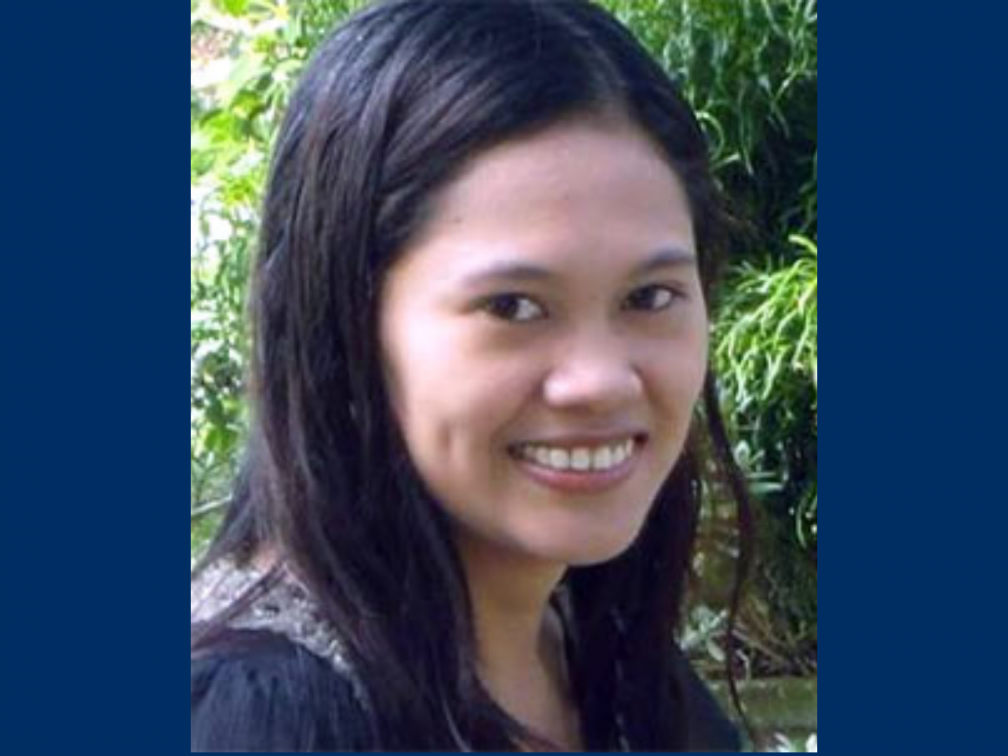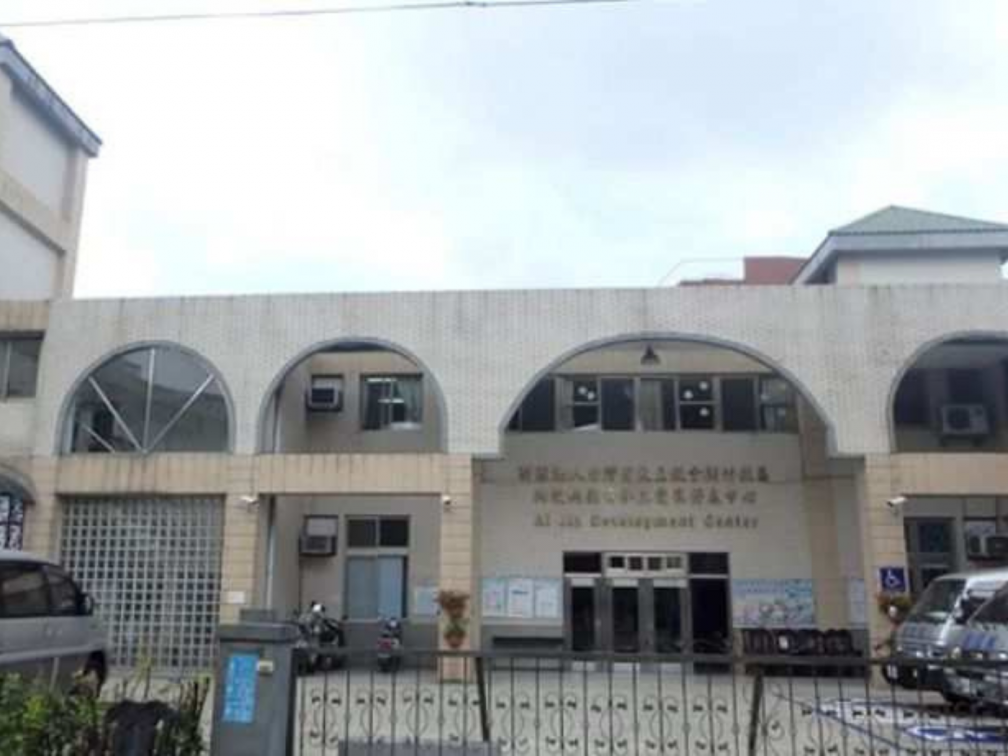Two years ago, I was invited by the staff of the Al Jia Development Centre to help prepare two students to receive the Sacrament of Baptism. Although they have baptism preparation classes in the parish, I accepted the invitation without hesitation, knowing that it would be both a challenge and an interesting journey.
This would be my first time holding such a class, and I would do it in Mandarin, which is not my native tongue. It would be very special because my students were a mother and daughter with learning disabilities. The daughter was very smart and able to learn, as was the mother, however the mother was only able to understand Taiwanese language. Even then, I was eager to give it a try, trusting in the Holy Spirit to empower me with wisdom and knowledge to make it through the preparation classes. I only needed to trust myself and ask the God of my journey to grant me the graces that I needed most in responding to this call.
We started our classes by reading Gospel stories about baptism, with instruction on the Catholic faith. Later on we studied some of the basic Catholic prayers. I used different methods to teach, sometimes I used artwork, other times we watched Gospel video clips, sang songs, read and wrote. Every week we had a one-hour catechism class but before that I needed enough time to prepare my lesson plans. I would humbly ask my Mandarin teacher for help so that the Mandarin language I used would be suitable for my students to understand.
Our weekly catechism classes went well. My students participated well and showed their eagerness to learn about the Catholic faith. Most of the time I asked my younger student to translate for her mom what we were talking about, and she did it well. It was a big help for me. For my part, I needed patience and gentleness to teach them. I gave them an assignment to pray every day, especially when they woke up in the morning and before going to sleep. In addition, the daughter had her own daily routine of reading the Gospel of the day and writing it in her notebook which she had been doing even before we had our catechism classes. Obviously, she knew a lot about the Gospel stories. I asked them several times if they really wanted to be baptised as Catholics and they kept on answering ‘yes’. The preparation took six months, and they never gave up. That inspired me also to keep going.
It was the Christmas of 2020, when they finally received the Sacrament of Baptism and were joyfully welcomed into the Catholic parish community. I felt very happy and fulfilled seeing them baptised and accepted by the Catholic community. I was touched when they responded to the priest “Amen” with a firm voice during the baptismal ceremony. The daughter received a special gift when she answered the questions about the Gospel during the Mass too. As their teacher I was was so proud! This made me realize how mysterious the works of the Holy Spirit were within the three of us during our spiritual journey together.
After the Mass, both mother and daughter happily showed me the necklace with a cross that they wore, a baptism gift they had received. I saw a profound joy in their eyes that they had received the sacrament, the sense of belongingness in the one Catholic community of faith. There was a big celebration afterwards in our community Al Jia Development Centre. Some of their classmates and teachers who witnessed their baptismal ceremony stayed up late to join us. Indeed, it was a merry and memorable Christmas for us all.
Pope Francis says: “I strongly reaffirm the right of persons with disabilities to receive the sacraments, like all other members of the Church. All liturgical celebrations in the parish should be accessible to them, so that, together with their brothers and sisters, each of them can deepen, celebrate, and live their faith. Special attention should be paid to people with disabilities who have not yet received the sacraments of Christian initiation: they should be welcomed and included in programs of catechesis in preparation for these sacraments. No one should be excluded from the grace of these sacraments.”
Both of my students attended Sunday Mass until the covid 19 pandemic surged in Taiwan and there was a need to observe restrictions. We were fortunate enough that our catechism class continued. We also studied altar serving, which led us to help as altar servers during the regular Masses at the Centre. We finished studying the basic Catholic prayers and the rosary. I observed how much their prayers were sincere, focused, pure and from the heart. Now, every Thursday afternoon, the younger student leads our regular rosary prayer. I am amazed at how she offers prayers for her family, friends, classmates and their families, the teachers and staff of the centre, the concerns of the community, and other intentions.
My simple “yes” to the invitation of leading the baptism classes for the mother and daughter has led me to become a catechist for persons with disabilities. It is a great privilege and source of blessings that I have received in my missionary life. It has been a one-of-a-kind experience of how God works with me and my students in our spiritual journey. It has broadened my understanding of my own baptismal call to be a missionary in the way God wants me to be, to fully participate in His plan. My experience made me realise that spiritual care is the most important part in this life’s journey. Yes, I felt contentment doing my ministry with those who are mentally and physically challenged, but to be of help in giving care for our brethren in need of physical, emotional and spiritual well-being, well that’s the greatest care of all!



